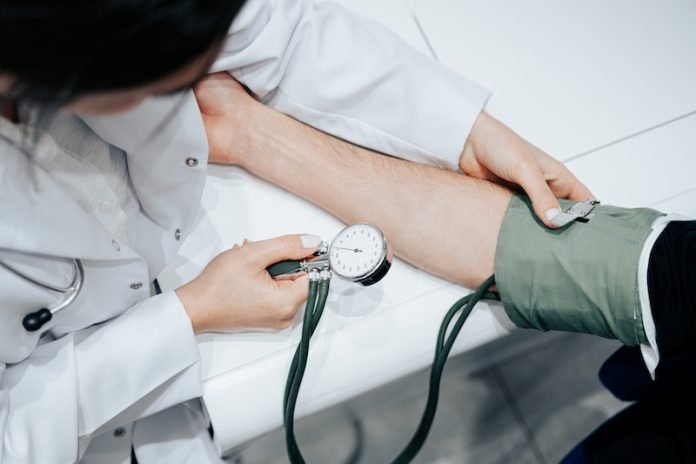
Physician-researchers at Beth Israel Deaconess Medical Center (BIDMC) have found that intensive high blood pressure treatment for hospitalized older adults might be associated with a heightened risk of adverse events.
Their findings highlight that treating transient or asymptomatic hypertension might not always be beneficial.
The study involved 66,000 older adults hospitalized for non-cardiac conditions. Clinical and pharmacy data from the national Veterans Health Administration (VHA) were used.
Researchers compared outcomes of patients who underwent intensive blood pressure treatment within the first 48 hours of hospital admission against those who did not.
Key Findings
Treatment Intensity: 20% of patients received intensive blood pressure treatment (additional antihypertensive medications not previously used by the patient). Out of these, 18% received the drugs intravenously.
Adverse Outcomes: Patients who received intensive treatment were at a greater risk for several adverse clinical outcomes, including cardiac injury, acute kidney injury, and ICU transfer. The risk was further amplified with intravenous administration.
Dr. Timothy S. Anderson, the lead author, noted that factors like pain, fever, anxiety, and new medications can temporarily elevate blood pressure in a hospital setting.
He emphasized that treating such transient elevations might not always be beneficial and might result in overtreatment.
He particularly cautioned against the use of intravenous antihypertensives and highlighted the urgent need for a reconsideration of inpatient blood pressure management.
While it’s vital to monitor severely high blood pressure to prevent complications like heart attacks or strokes, the study underscores the potential risks of treating asymptomatic hypertension in hospitalized patients.
This reinforces the importance of refining inpatient blood pressure management guidelines.
To get a broader perspective on blood pressure, consider reading about unhealthy habits affecting blood pressure risk and how certain vitamins could help manage severe high blood pressure.
Additionally, check out studies about the benefits of early time-restricted eating on blood pressure and other emerging research on the causes of high blood pressure and heart disease.
For an in-depth understanding, the study is available in JAMA Internal Medicine.
If you care about blood pressure, please read studies about unhealthy habits that could increase high blood pressure risk, and eating eggs in a healthy diet may reduce risks of diabetes, high blood pressure.
For more information about blood pressure, please see recent studies that early time-restricted eating could help improve blood pressure, and results showing 12 foods that lower blood pressure.
Follow us on Twitter for more articles about this topic.
Copyright © 2023 Knowridge Science Report. All rights reserved.



